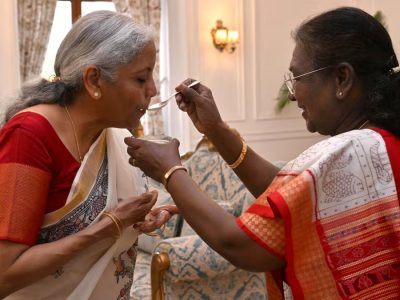A recent study by the Christian Medical College, Vellore, highlights concerning rates of lung function damage among Indians post-acute COVID-19. Over half of the 207 participants reported shortness of breath even after over two months of recovery, signaling potential long-term health complications.
According to Professor D J Christopher, who led the study, Indian populations seem to experience more severe lung damage compared to other countries, a phenomenon possibly linked to higher rates of co-morbidities like diabetes mellitus and chronic lung diseases.
The researchers found that a substantial proportion of individuals, about 72.5%, had underlying health conditions. This high prevalence of co-morbidities, combined with air pollution and potentially weakened immune systems due to tuberculosis, could exacerbate COVID-19-induced lung injury among Indians.
Deepak Sharma, a consultant pulmonologist, noted that access to quality healthcare and pollution levels may also play significant roles in recovery outcomes. Additionally, factors such as genetic predisposition, lifestyle choices, and overall healthcare infrastructure may affect long-term health outcomes for COVID-19 survivors.
Dr. Christopher emphasized that some individuals might suffer long-term effects, including impaired lung function that could persist for years or even a lifetime. He underscored the importance of comprehensive post-recovery care and monitoring for individuals who have experienced severe COVID-19 infections, including those with pre-existing respiratory conditions or other co-morbidities.
The findings of this study call for a holistic approach to post-recovery care, which includes regular exercise, vaccination against lung infections, and minimising exposure to air pollution.
(with PTI inputs)





